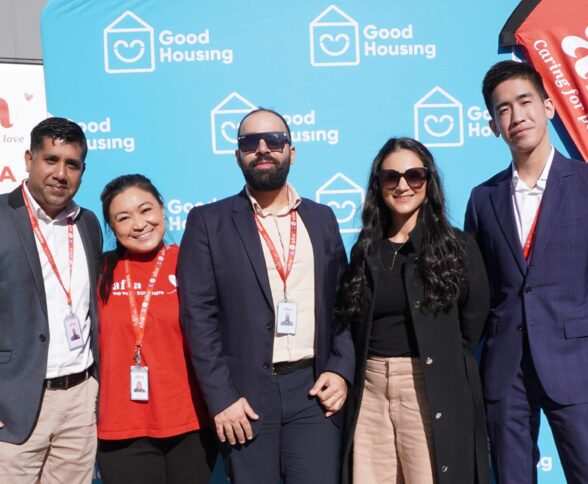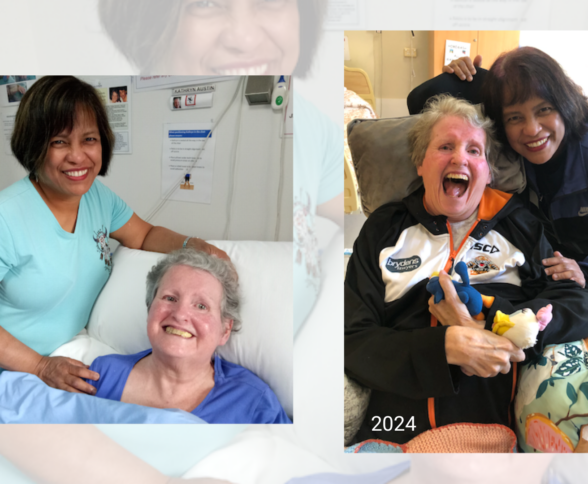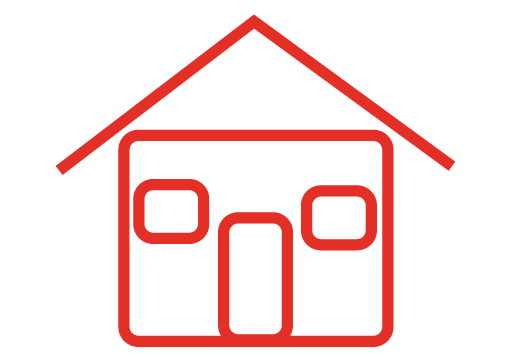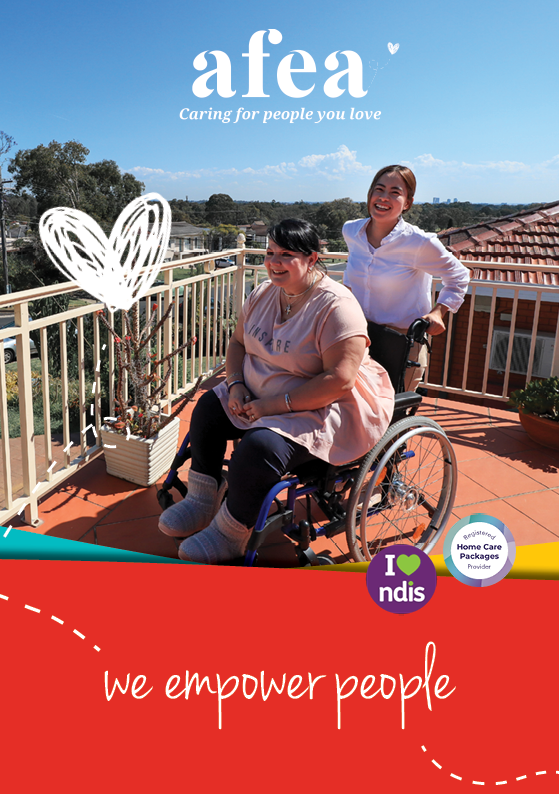Your Support Coordinator is the link between you and the services that will help you achieve your goals. They will help you work on your long-term independence, build your confidence and enhance your life skills.
In this article, we’ll go over how support coordination works, how you can have it included in your plan and how a Support Coordinator can help you.
How Support Coordination works
You’ve just heard back that your NDIS plan has been approved. Congratulations! But what happens next?
Most NDIS participants will have a Local Area Coordinator who can help them understand and implement their plan. Participants younger than 7 years and their caregivers will work with an early childhood partner.
However, if early childhood partners or LACs are not available in your area, or if you require ongoing assistance in finding and connecting with service providers, the NDIA may fund a support coordinator.
A Support Coordinator will assist you in organising and implementing all of the approved supports in your plan by helping you choose the best and most appropriate service providers for your needs.
Your Support Coordinator can:
- Negotiate services with providers
- Liaise with providers on your behalf
- Arrange any required assessments
- Teach you how to use the NDIS portal
- Enhance your ability to manage your plan
- Attend planning meetings and reviews with you
- Help you understand your plan and service agreements
- Help you in times of crises or when issues arise
How do I get funding for a support coordinator?
You may request for Support Coordination at your initial plan conversation with the NDIA. It will be included in your plan if the NDIA considers the support reasonable and necessary.
If it’s not in your plan and your circumstances change, you may request an early plan review to have this included.
NDIS participants that are likely to be granted funding for Support Coordination:
- Have limited or no informal support, for example from a family member
- Are new to the NDIS or are going through a significant life transition
- Are likely to get a tangible benefit from Support Coordination
- Will be able to develop the necessary skills to navigate the NDIS independently
Support Coordination as Capacity Building
Payment for a Support Coordinator will come out of your Capacity Building budget, which is separate from your Core Supports budget. Core Supports is the funding that helps you with everyday activities and your disability-related needs.
Having a Support Coordinator won’t take funding away from this category, so you can rest easy!
Support Coordinators and Supported Independent Living
You may also use your Support Coordination budget to achieve a specific goal, such as finding safe and stable housing to help you live independently.
For example, most people who receive Supported Independent Living also receive funding for Support Coordination. Your Support Coordinator can assist in finding the most suitable SIL provider. Find out more in our guide on SIL.
Levels of Support Coordination
There are three levels of support coordination that can be included in your plan.
In order of complexity, these are:
- Support Connection (Level 1) – helps build your ability to connect with supports
- Coordination of Supports (Level 2) – helps build your ability to understand and use your plan
- Specialist Support Coordination (Level 3) – a higher level of support coordination for those whose situations are more complex
Your funding is limited to the level of support coordination described in your plan. Otherwise, you can choose whichever level that can best help you!
Where can I find a support coordinator?
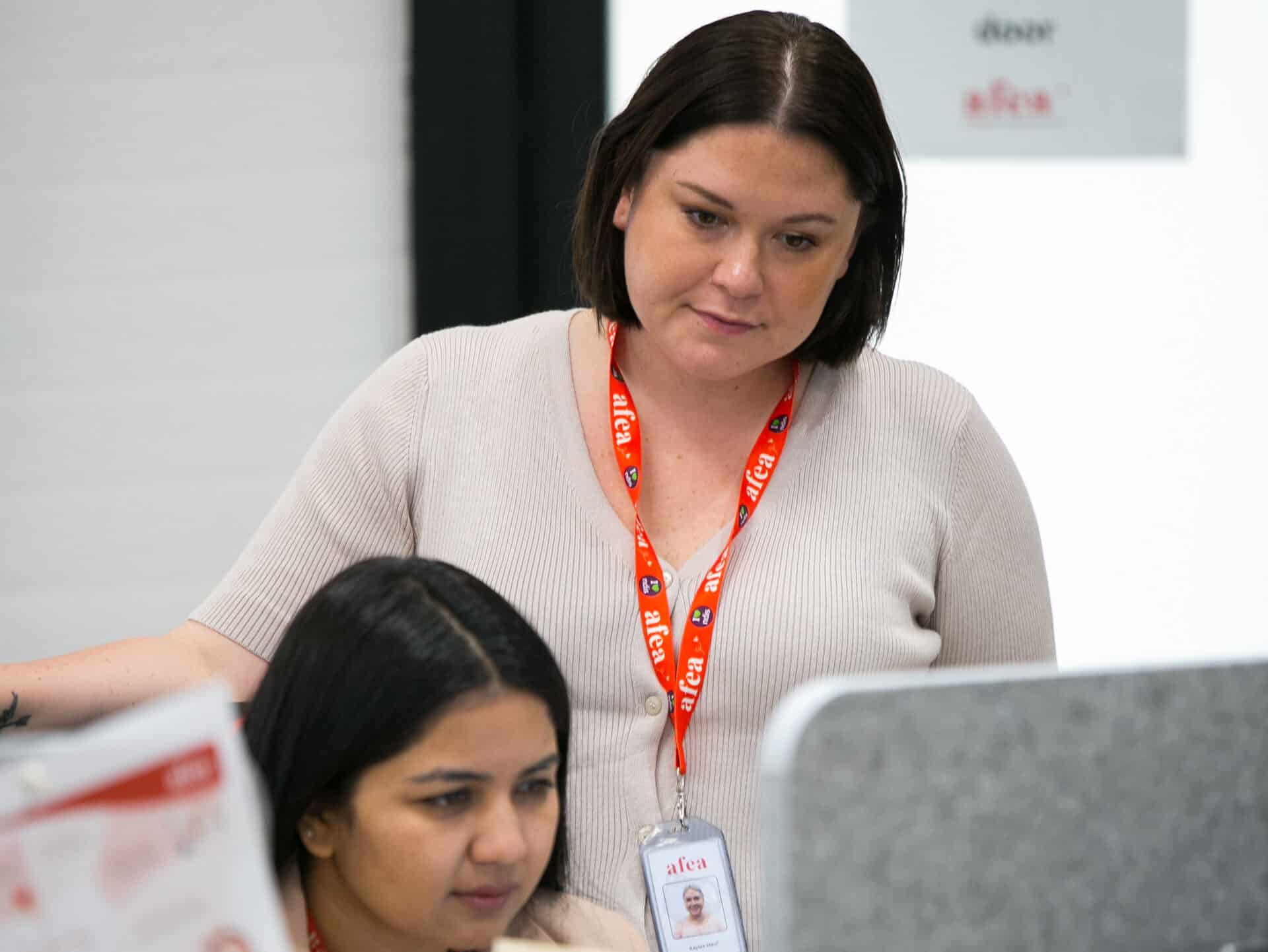
You can speak with your NDIS Planner to connect you with a support coordinator in your area, or search for registered support coordination providers on Provider Finder.
Make sure to have a service agreement outlining the services you’ll receive and how you’ll receive them. For example, perhaps you prefer speaking in person, or you’re more comfortable to have meetings over the phone or through video call. Talk about your preferences with your support coordinator and include it in your agreement.
You can change support coordinators at any time, so you should also discuss what happens if you decide to exit their service.
Support Coordinators at Afea
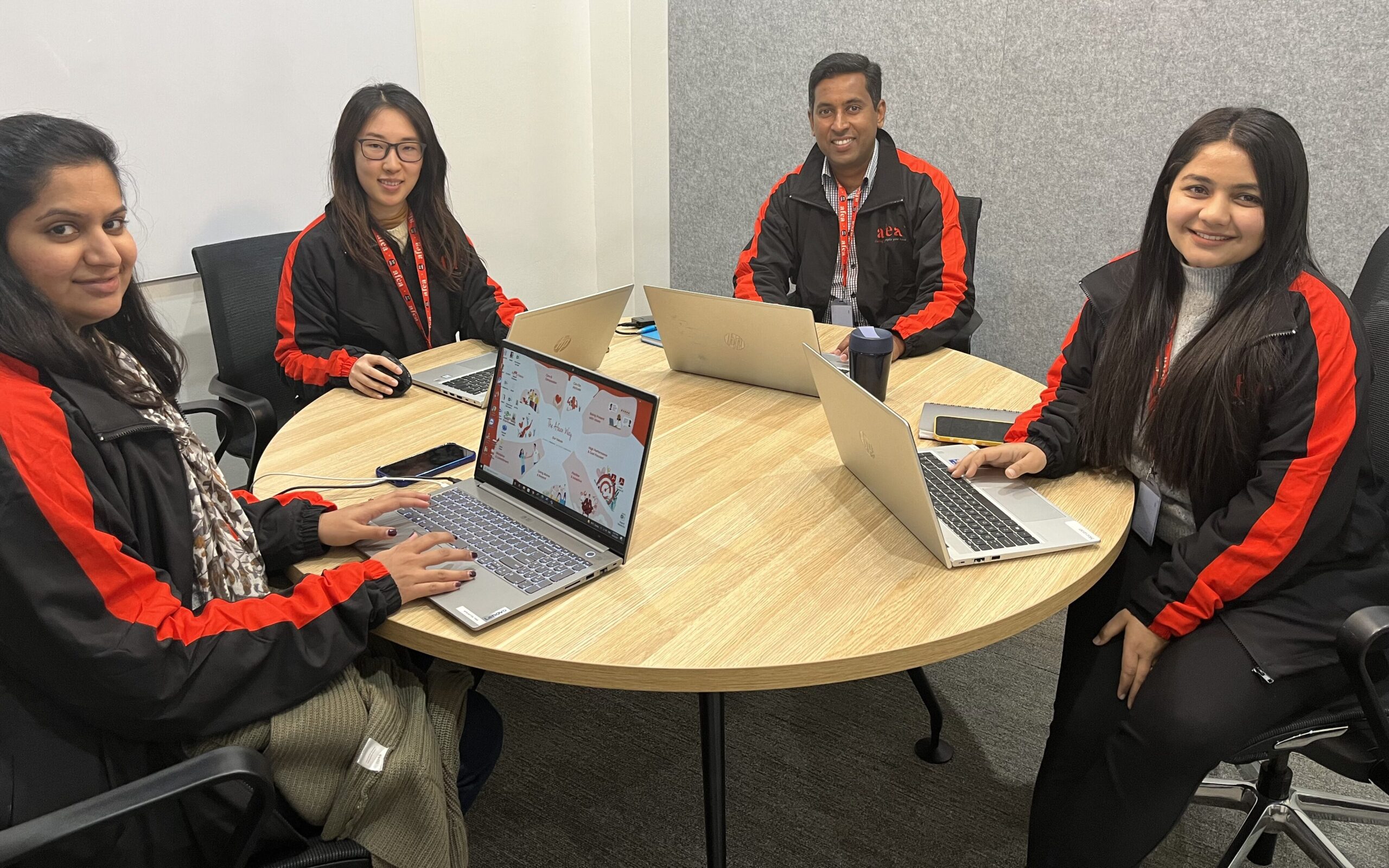
We hope this post answers all of your questions! If you want to know more, Afea has an independent Support Coordination service that can help you navigate the NDIS. Reach out to our team of experts by calling 1300 65 11 33 or filling out our form.



